Continuing my new-found hobby of summarizing online courses, in this article I will be outlining Yale University’s most popular course ever – The Science of Well-BeingTM.
Here are some of the thought-provoking insights from the course:
- This generation is less happier than the older. Anti-depressant usage has gone up by 400%.

- Happiness is 50% genetic, 10% luck and 40% controllable.
What does NOT make you happy:
- Nice job.
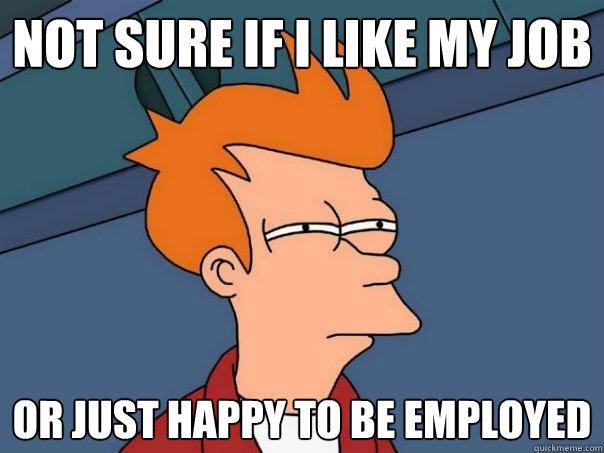
- Good grades.
- Prestigious school.
- Perfect body.
- Money.
Money is useful only until all the basics are covered.
The more salary you get the more you want, even if you are earning 3x the amount you originally wished for.

- Relationships.
There is an increase in happiness for 2 years after marriage but back to normal after that.

What does make you happy:
- Random acts of kindness – Help stranger/coworker, give compliments.

- Charity – Donate food, clothes, money, blood etc.

- Volunteering.

- Be More social – Small talk with strangers.
- Exercise – Scientifically proven to be better than the best anti-depressants available.
- Sleep.
Better wanting:
1. Job
- We all need a job.
- Don’t focus on salary increase.
- Try to find a job in which you are able to use your ‘Signature strengths‘.
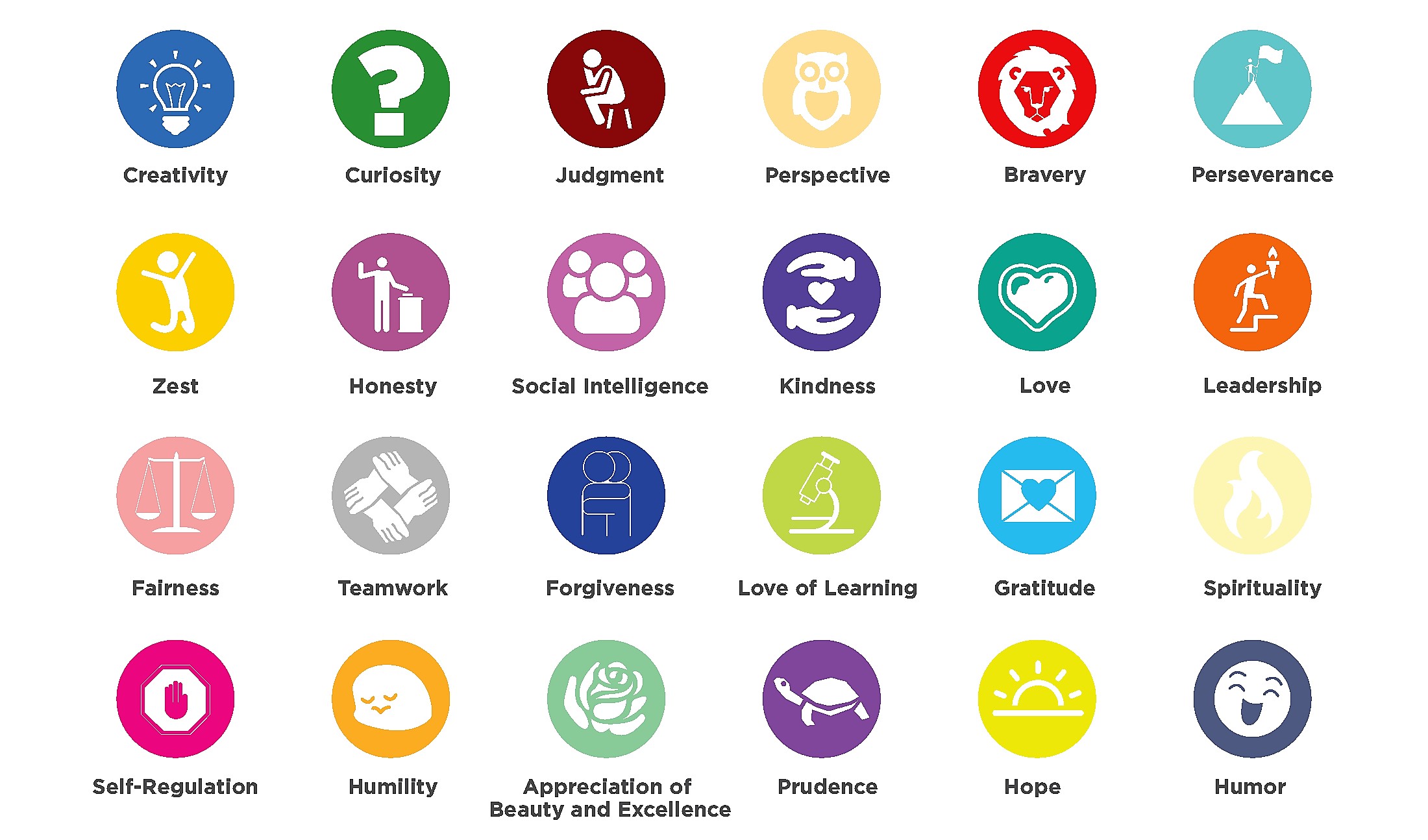
- The definition of a signature strength:
- Ubiquitous; Widely recognized across cultures.
- Fulfilling.
- Morally valued in society.
- Does not make others feel bad.
- The opposite of a “negative trait”.
- Measurable.
- Distinctive.
- Paragon; Some people really have it.
- Prodigy; Only some people have it.
- Selective absence; Some people don’t have it
- Go to VIA and find out your signature strengths.
- Use one of your strengths in a new and unique way every day for one week.
- Try to enter and maintain a state of Flow.
- A state of ‘Flow’ happens when you are:
- Working on challenging yet attainable goals.
- Have a strong focussed concentration on the activity.
- Working on an intrinsically rewarding activity.
- Feeling serenity and timelesness.
- Lose your sense of self-consciousness.
- Lacking in awareness of physical needs.
- People believe they will be more happy relaxing rather than working in the flow, but this is WRONG!!
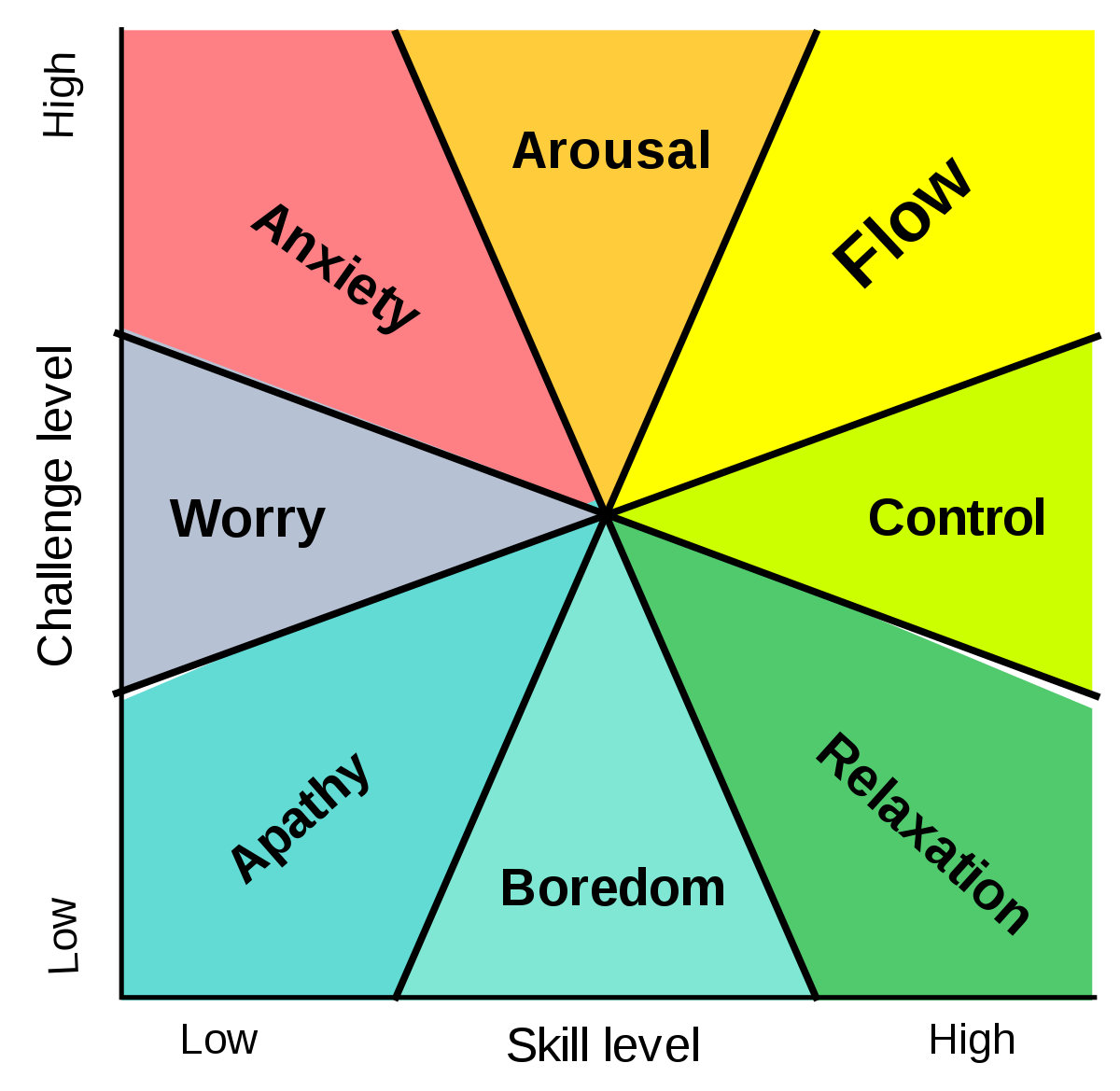
2. Grades
- Rather than focussing on grades, focus on learning new stuff.
- Have a growth mindset.
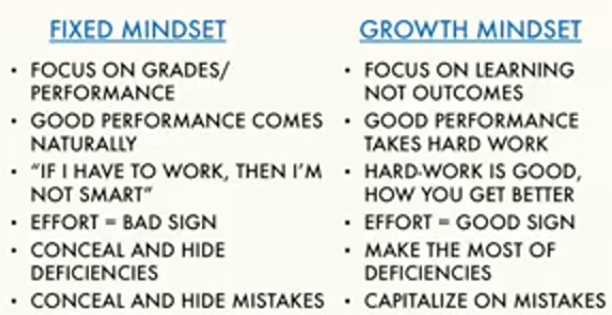
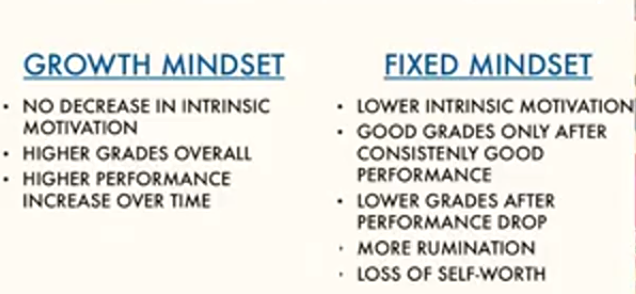
3. Kindness
- Spending money on others gives more happiness than doing it on yourself.
- No need to spend a fortune.
Spending $5 on someone else gives the same benefit as $20.

4. Social connections
- Engage in small talk in train/bus/subway. Share a banana 😉

- We are afraid of talking to strangers because we think they would not want to talk to us. This is wrong!!!
- People really like company.
In one of the experiments people were 7 times more happier when they did not have to be alone as compared to 4x increase in money. - Shared experiences are amplified.
Listening to my favourite music alone is not as fun as with my friends.

5. Time affuence
- Having enough time to do things you enjoy.
- Prioritizing time over money brings more happiness.
- Work for less hours even though it means less money.

6. Meditation
- There’s a set of neurons in our brains that get activated as soon we stop focusing on some task.
- These neurons are responsible for ruminating about the past or planning for the future.
- They were obviously useful from an evolutionary point of view, but they decrease happiness if it happens all the time.
- Mindfulness (being in the moment) training everyday just for 30 minutes boosts happiness as well as cognitive performance.
- 3 types of mindfulness meditation:
- Loving-Kindness
- Breathing
- Body

7. Health
- Exercise is better than the antidepressant Zoloft.
- Make sure to get enough sleep. Aim for waking up without an alarm.

Annoying features of the mind
1. Wrong intuitions
- Our mind’s strongest intuitions are often totally wrong.
- Most of the goals/situations that we think will make us happy don’t! (Money/Job/Love)
- ‘Miswanting‘ – The act of being mistaken about what and how much you’re going to like something in the future.
- Consider the following question:

Most people answer ’10 cents’, but the actual answer is ‘5 cents’. - The length of the 2 lines are exactly the same:


- The size of the circle in the centre is the same:
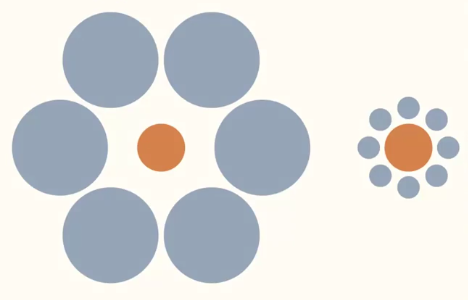
- Random interesting animation I found somewhere because why not:

2. Comparison
- Mind thinks in relative not absolute. That’s why we compare with others.
- Bronze medal winners are happier than silver.
Silver winner thinks ‘I could have won gold’, whereas Bronze winner thinks ‘I could have been out of the podium’.
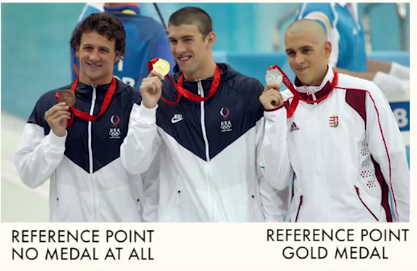
- You wouldn’t mind walking 10 kms every morning to fetch water if everyone else was doing it too.
- Let’s says you were earning ‘x’ dollars but now earning 2x but now you start comparing with other 2x people.
- You feel sad for earning 1 million dollars if your coworker is earning 1.2 million.
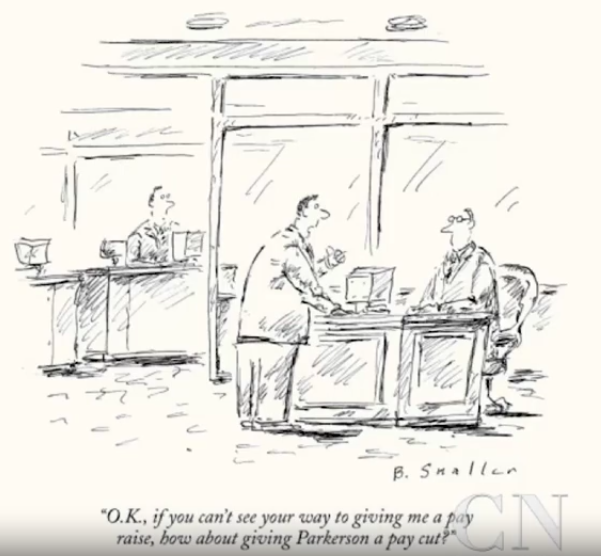
3. Hedonic adaptation
- We get used to stuff.
- A research tracked salaries in Germany for 30 years.
Even though salary increased significantly, yet happiness remained almost the same. - One person won a lottery and the other lost their leg in an accident. The happiness levels of both were about the same as before after an year.

- Our predictions for how much we will be more happy or sad due to some pleasant or unpleasant situation is far from reality.
- In short our happiness stays almost the same no matter what.
Thanks to our capacity to adapt to ever greater fame and fortune, yesterday’s luxuries can soon become today’s necessities and tomorrow’s relics.
- Miswanting: The act of being mistaken on what and how much something is going to make you happy.
- Impact bias: The tendency to overestimate the emotional impact of a future event both in terms of its intensity and its duration.
- Impact bias is worse for negative events.
- We are really bad at predicting this and we don’t get better at this!
In a study where teens forecasted their happiness level if they failed a driver’s exam, teens continued to mispredict happiness even if they had failed their drivers test a few times before. - Why are we bad at this:
- Focalism: Just focussing on one negative thing.
- Immune neglect: We underestimate how resilient we are. We should not be afraid and take risks in life. It will all be okay.

Solutions to the annoying features of the mind
1. Experiences instead of materials
- Don’t be materialistic to beat hedonic adaptation.
Problem is that a new car stays and you get used to it. It is permanent! - Invest in experiences instead.
The fact that vacation is just 1 week long is a good thing. - People think highly of you you more if you invest in experiences rather than stuff. Also they don’t get jealous of you!

2. Savoring
- Step outside of an experience to review and appreciate it. Just be aware when experiencing something positive.
Be in the moment.

- Savour happy memories of the past.
- Activities that hurt savoring:
- Focusing on the future.
- Reminding yourself that it would be over soon.
- Telling yourself that it wasn’t as good as you had hoped.
- Reminding yourself that nothing lasts forever.
- Thinking it would never be this good again.
- Thinking about ways to make it better.
- Telling yourself that you didn’t deserve this.
- Just taking pictures (for the Instagram generation).
3. Negative visualisation
- Think of ways it could it could have gone worse.
Use your imagination!
4. Make this day your last
- Just imagine this is the last day of your life.
- You will be fully involved in anything that you’re doing.
- Helps in enjoying the moment; even the trivial ones.

5. Gratefulness
- Write a gratitude diary every week.
- Send a hand-written Thank-you note to friends and family. Even better if you recite the note to them in-person.

6. Reset your reference points
- Concretely re-experience.
You got your dream job but after 1 week you get used to it. How to prevent it?
Imagine/Re-experience how your situation was before. - Concretely observe.
Think in a whole-rounded and unbiased way about whatever you are fantasizing about to see that it also has a lot of flaws. - Avoid social comparison -> Be mindful of those thoughts.
- Interrupt your positive consumption.
This one sounds counter-intuitive but really works.
Stop your favourite song/tv-show in between. You’ll feel much happier when you resume it. - Dont interrupt negative consumption; Same theory as above.
- Increase variety; Do more things and dont do the same thing frequently.
- Don’t watch TV!
- Quit all social networking websites!

Strategies For Better Habits
1. Situational support
- Delete social media from your phone.
- Reminders on washroom mirror to meditate.
- Stay away from friends who are smokers if you want to quit.
- Keep the candies away from your working desk.
2. Goal setting
- Goal specificity
- The degree of quantitative precision with which a goal is defined.
- Meditate; Where? When? How many times?
- Goal planning
- Implementation intention – A self-regulatory strategy in the form of an “if-then” plan that can lead to better goal attainment.
'If I am in the dining hall and I see the pizza slice, I'll turn away and grab the orange.''When I think of door knob, think keys!'
- WOOP (Wish Outcome Obstacle Plan)
- Get a clear idea on what you want.
- Imagine how good the outcome will be.
- Imagine all the possible obstacles.
- Make a plan on how to overcome obstacles.
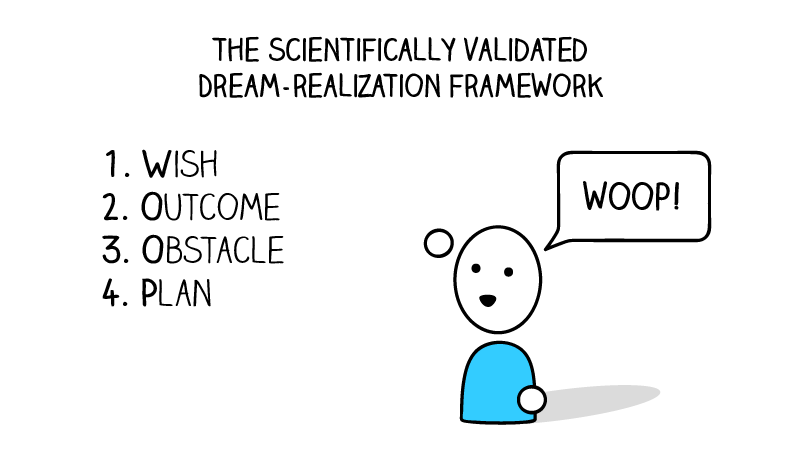
- Implementation intention – A self-regulatory strategy in the form of an “if-then” plan that can lead to better goal attainment.
Just knowing all this won’t make you happy.


Very well articulated. I look forward to more such readings.
LikeLiked by 1 person
Thank you Simmi! 🙂
LikeLike
Excellent, Thank you
LikeLiked by 1 person
Thank you so much!
LikeLiked by 1 person
Thanks to your summary…. I think I may take the online course!
Well done)
Liz
LikeLike
Thank you Liz. All the best for the course!
LikeLike